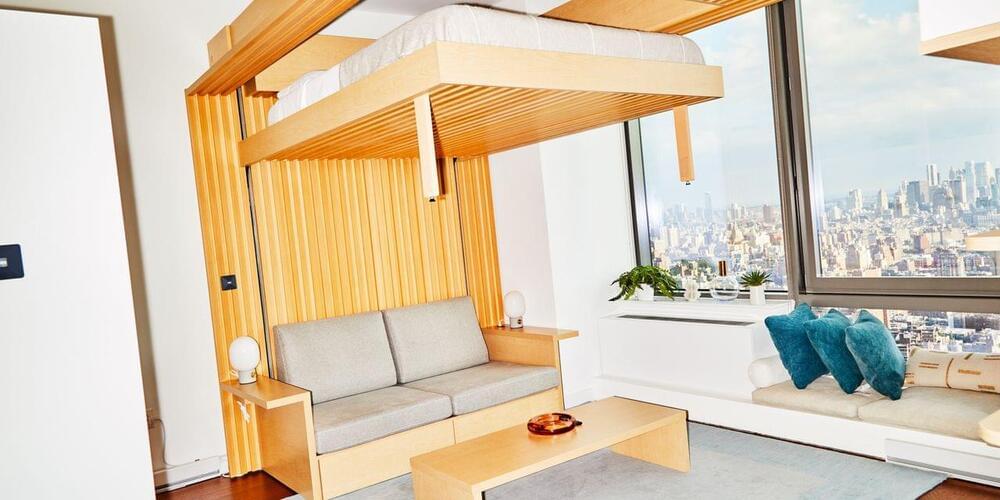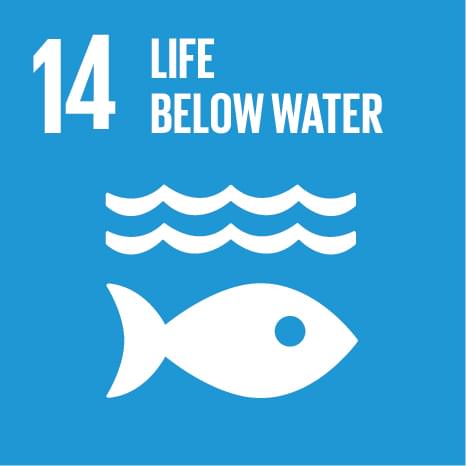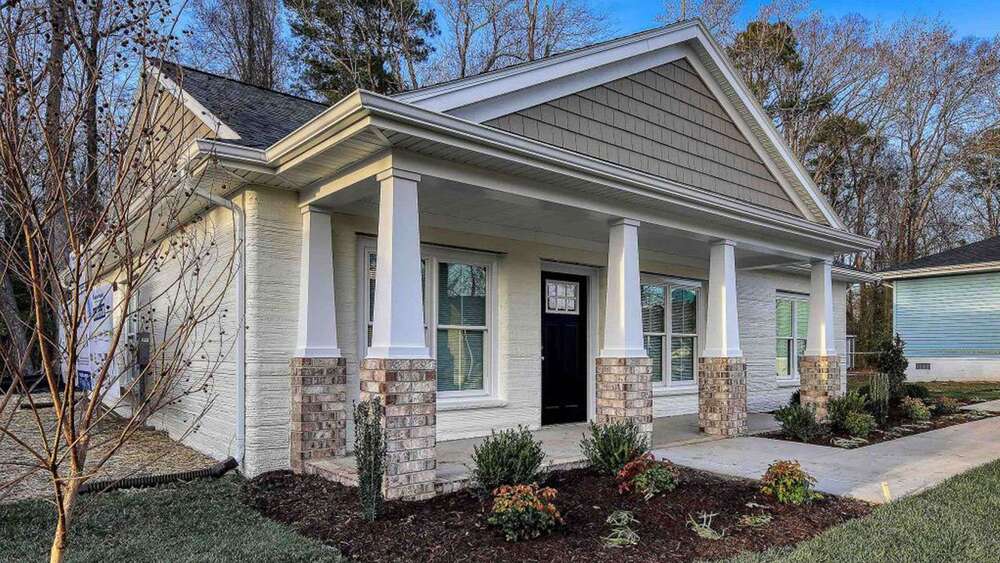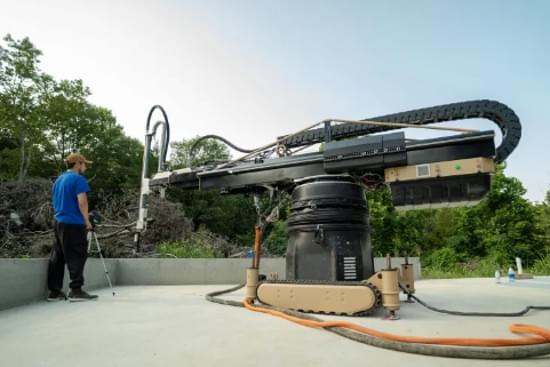A ‘dead’ sunspot on the surface of the Sun has erupted, and as a result, a massive plasma ball has been blasted straight towards Earth. 




Since May, the engineering team with NASA’s Voyager 1 spacecraft had been trying to solve a mystery. The 45-year-old spacecraft seemed to be in excellent condition, receiving and executing commands from Earth, along with gathering and returning science data — but the probe’s attitude articulation and control system (AACS) was sending garbled information about its health and activities to mission controllers.
The AACS controls the spacecraft’s orientation and keeps Voyager 1’s high-gain antenna pointed precisely at Earth, enabling it to send data home. Though all signs suggested that the AACS was still working, the telemetry data was invalid.
While the spacecraft continues to return science data and otherwise operate as normal, the mission team is searching for the source of a system data issue.
The engineering team with NASA’s Voyager 1 spacecraft is trying to solve a mystery: The interstellar explorer is operating normally, receiving and executing commands from Earth, along with gathering and returning science data. But readouts from the probe’s attitude articulation and control system (AACS) don’t reflect what’s actually happening onboard.
The AACS controls the 45-year-old spacecraft’s orientation. Among other tasks, it keeps Voyager 1’s high-gain antenna pointed precisely at Earth, enabling it to send data home. All signs suggest the AACS is still working, but the telemetry data it’s returning is invalid. For instance, the data may appear to be randomly generated, or does not reflect any possible state the AACS could be in.
Circa 2020
The idea of humans living underwater may not be as crazy as you think. An idea once reserved for video games or science fiction, underwater cities may be a viable solution for humanity in the distant future.
Would you pack up your bags, clear out your apartment, and move to an underwater paradise? Perhaps you might even dream of living like the fictional city of Atlantis. If i t makes sense to go out and colonize Mars, the ocean is just as livable and is far closer to home. As you probably already know, the earth is 71% water. This could be prime real estate for future generations.



Our innovative ocean cleaning system is already removing plastic from the Pacific Ocean. Combined with our Interceptor river solutions deployed around the world, we aim to reduce floating ocean plastic by 90% by 2040.
Trillions of pieces of plastic float on the surface of our oceans, damaging habitats and contaminating food chains; a problem forecast to worsen exponentially as the stream of plastic flowing into the ocean from rivers increases. We address the plastic problem with a dual strategy: removing plastic that is already polluting the oceans, while also intercepting plastic in rivers to prevent it reaching the ocean and adding to the problem.
Throughout 2021 and 2022, our ocean cleaning system has been harvesting plastic from the Great Pacific Garbage Patch (GPGP), estimated to contain around 100,000,000 kilograms of plastic. Each branch of this strategy is essential to efficiently rid the oceans of plastic.

Billionaire Elon Musk is known for being frugal. In June of 2021, he tweeted about living in a tiny house, stating: “My primary home is literally a ~$50k house in Boca Chica / Starbase that I rent from SpaceX. It’s kinda awesome though.”
That home is so small that it does not even have space for his mom when she visits. As such, the matriarch has to sleep in the garage.
@MattWallace888 My primary home is literally a ~$50k house in Boca Chica / Starbase that I rent from SpaceX. It’s kinda awesome though.
Only house I own is the events house in the Bay Area. If I sold it, the house would see less use, unless bought by a big family, which might happen some day.


Montana this month gave a City of Billings contractor approval to build homes using 3D-printed walls for new construction in the state. The technology Tim Stark, the contractor, is using comes from Apis Cor, a Florida-based technology company that emphatically states on its website, “We print 3D buildings.”
The first time I encountered Apis Cor was when I wrote about the state of 3D-printed buildings back in 2016. Then Apis Cor was Russia-based and was working with a U.S. company. The website links in my posting back then for both the Russian and U.S. company no longer work. So I am guessing that the Apis Cor of today represents the evolution of both the technology platform as well as the business.
The current version of Apis Cor has constructed a number of pilot homes in the U.S. and the biggest 3D-printed building in the world in the United Arab Emirates. The technology has complied with some international building code standards but not yet in the U.S. Getting regulatory approval from the state of Montana, however, will likely open the door to seeing 3D printers being used more extensively here in North America, and can help lower the cost of home builds and solve growing demand.